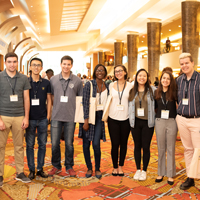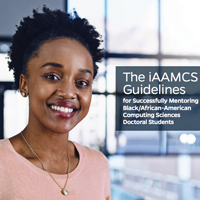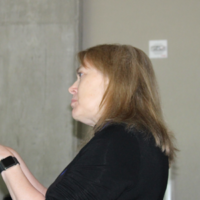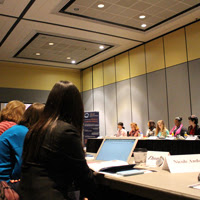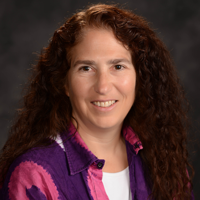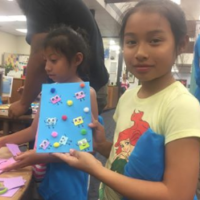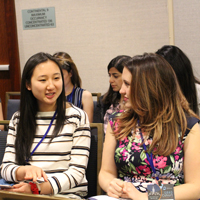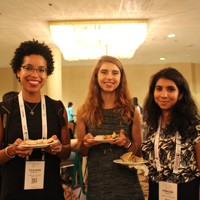
Expanding the Pipeline: CRA-W Expands Research Mentoring at the 2018 Grace Hopper Celebration of Women in Computing
The 2018 Grace Hopper Celebration of Women in Computing (GHC) broke its attendance records again, with more than 20,000 participants gathering in Houston, Texas, from September 26th through September 28th, and CRA-W also broke its attendance records with a variety of programs for GHC attendees interested in research. From talks, panels, and mentoring circles to the CRA-W Research Scholars Program to poster presentations and sponsorship of other sessions, CRA-W played an important role at the conference.


